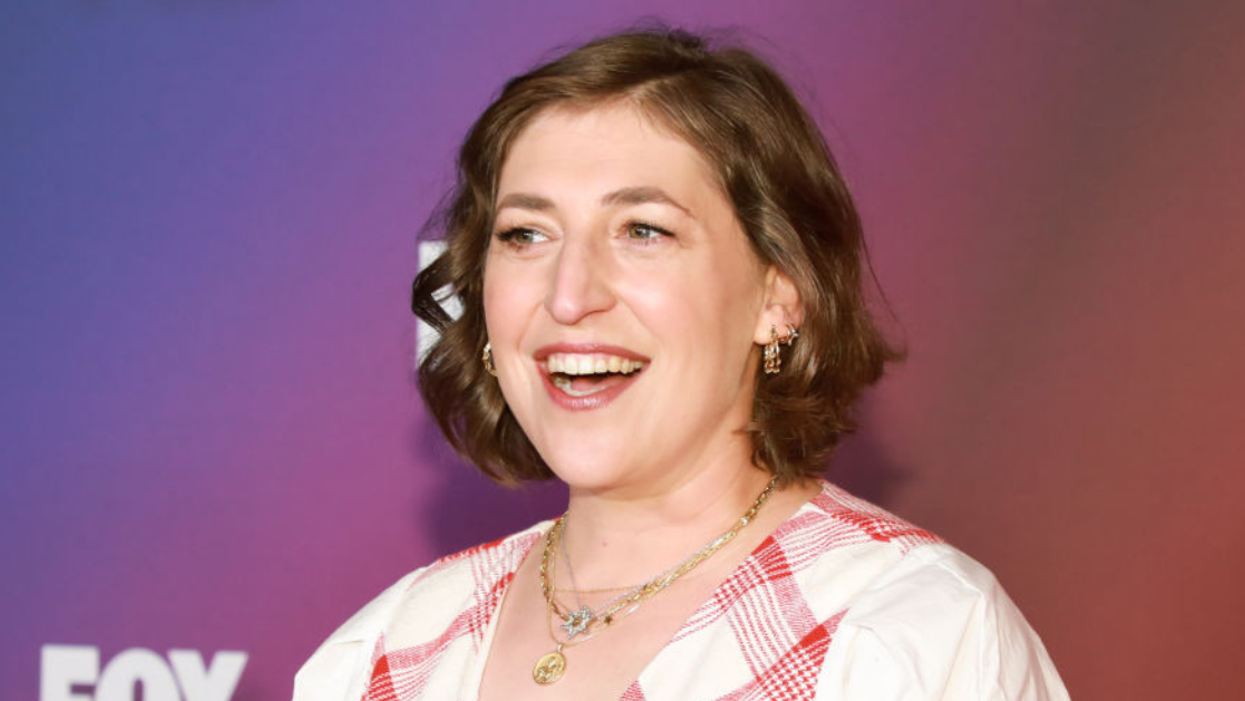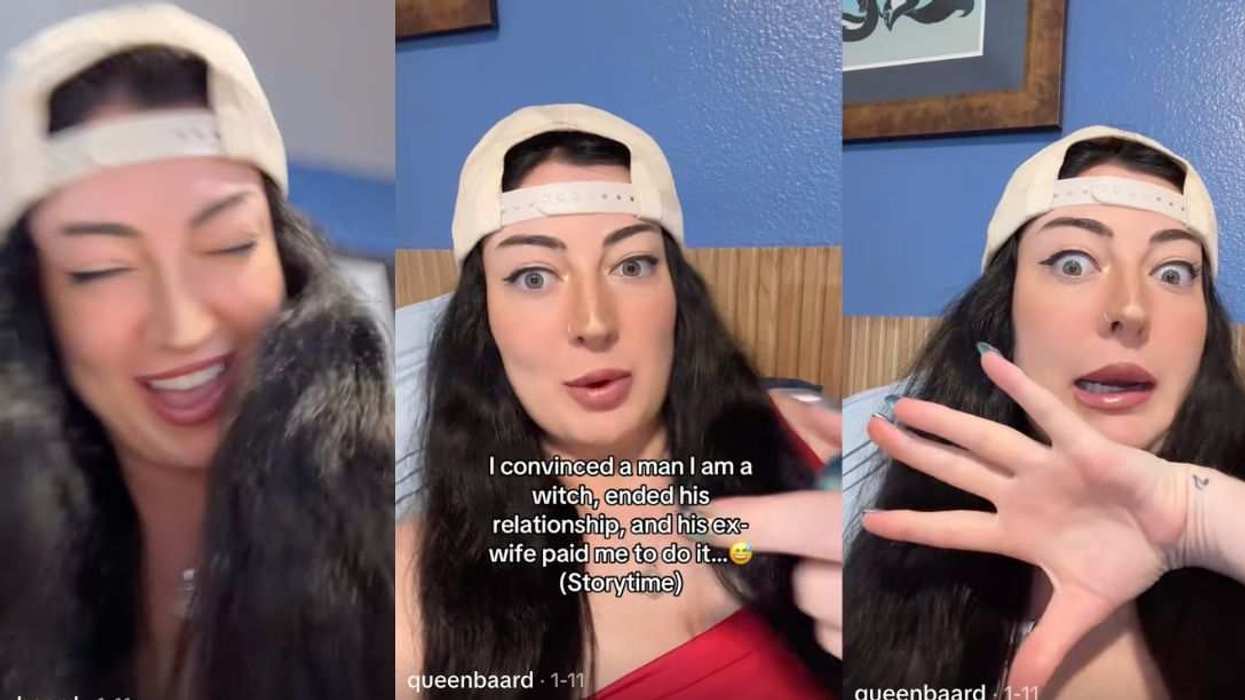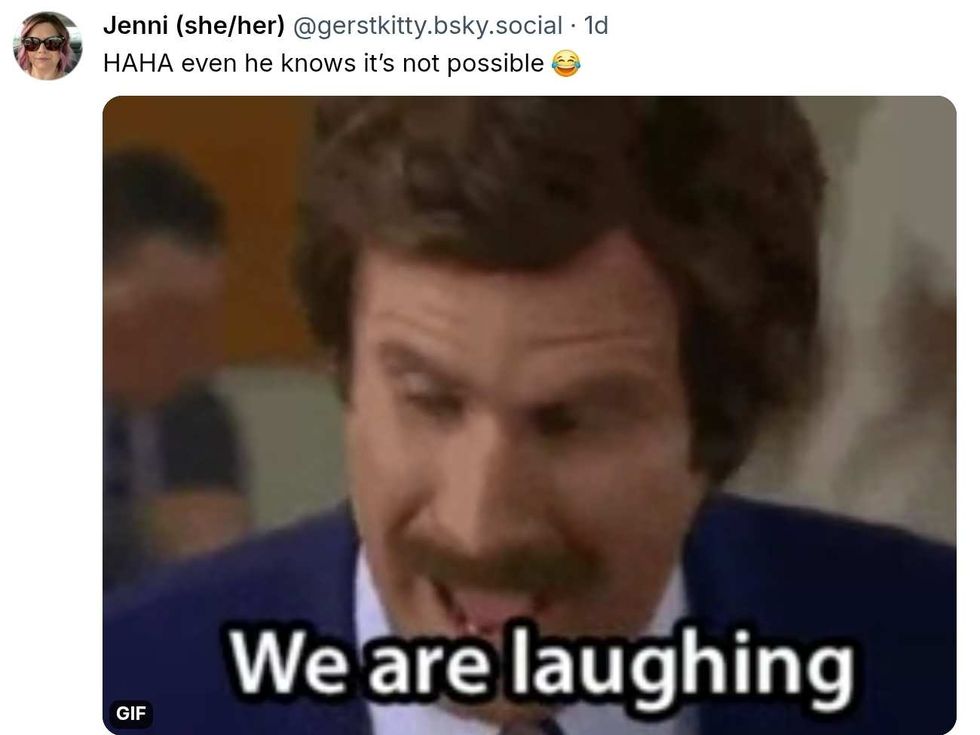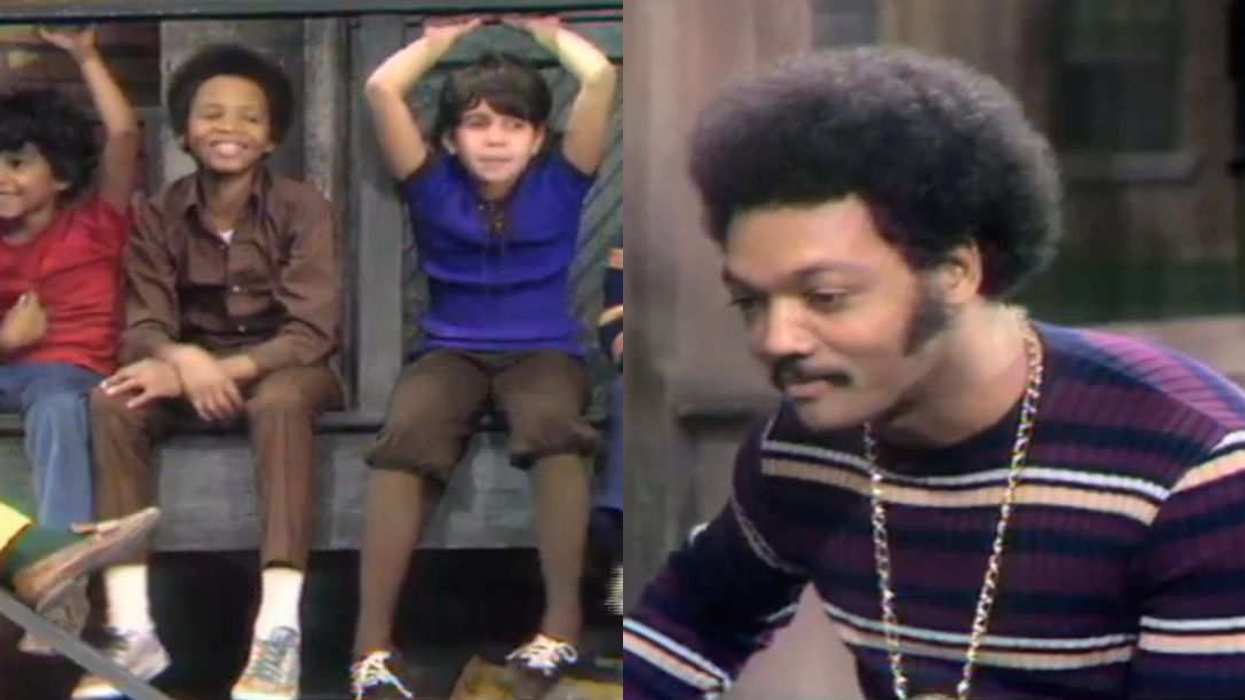Actor and game show host Mayim Bialik opened up in an essay for Variety about the shame she felt as a teenager after Saturday Night Live used "Jewface" to mock her in a 1994 sketch that featured a performer who portrayed the character she played on the 1990s sitcom Blossom while wearing a prosthetic nose.
The article was published as part of Variety's "Hollywood and antisemitism" package, which gave her a platform to share her thoughts and experiences related to the sketch, which mocked her for her Jewish identity.
In 1994, during the height of her fame on Blossom, Bialik, then 19, became the subject of a parody sketch that primarily targeted the saccharine storylines of Blossom and the famous catchphrase "Whoa!" of her co-star Joey Lawrence.
However, the parody included an additional element that struck Bialik as odd and unnecessary: the use of a prosthetic nose to accentuate her Jewish features.
Melanie Hutsell, who portrayed Bialik in the sketch, donned a fake, larger nose to embody the character of Blossom. Bialik emphasized that while the parody was amusing and entertaining, the addition of the prosthetic nose stood out as peculiar and drew attention to her Jewish heritage.
You can see the sketch below.
Blossom - Saturday Night Livewww.youtube.com
Bialik, a lifelong fan of SNL, eagerly anticipated the show's parody of her sitcom. However, when she saw the sketch, she was left confused by the prosthetic nose element.
She wrote:
"The actress portraying me was dancing and mugging for the camera and she was hilarious. But. She wore a prosthetic nose. In order to truly convey that she was “Blossom,” she wore a fake, big nose."
"I don’t know if it was significantly larger than my real nose and I don’t care to remember. I remember that it struck me as odd. And it confused me."
"No one else on the show was parodied for their features. In MAD magazine, everyone is caricatured, but in this rendition of parody, it was just me that was singled out. More specifically, it was my nose."
Bialik admitted that she felt "ashamed" when friends from high school watched the sketch, as they noticed the portrayal:
I never thought to talk about it and mostly I tried to forget it. I hoped no one noticed. All of my friends at high school watched 'SNL.' It wasn’t subtle. They would all see it and I felt ashamed."
Her reflections on the sketch resurfaced when actor Bradley Cooper was criticized for wearing a prosthetic nose to play legendary composer Leonard Bernstein, a controversy referred to as "Jewface." This prompted Bialik to scrutinize photos of Bradley and Leonard, which left her with mixed emotions.
Bialik expressed concern for the young girls who looked up to her during her Blossom days and felt pride in seeing a Jewish girl on TV. She wondered how they felt when they saw an actress playing her with a "comically prosthetic nose."
She wrote:
Girls all over the world used to tell me that they had never seen a Jewish girl like me on TV before they saw me on “Blossom.” Many said they knew I was Jewish and it made them proud to be. That was so touching to me, and it still is."
"I wonder how those girls felt when they saw an actress playing me with a comically prosthetic nose. I wonder if that’s different from Bradley Cooper playing a famous person. Does it matter?"
"I wonder what that critic thought when he saw the “SNL” parody. Did he feel vindicated? Did he know that by criticizing the features I inherited from my mixed Eastern European-Ashkenazi past that he was inadvertently accusing that admixture of creating something less than perfect?"
Bialik acknowledged that she hasn't always loved her nose but has never wanted to change it. She described her facial features as distinctly hers, a part of her identity inherited from her mixed Eastern European-Ashkenazi heritage.
She sees her Jewish heritage intertwined with her unique facial features, a testament to her family's history and the cultures that came together following the Holocaust.
She wrote:
"I’ve had many conversations with myself about my nose in the past 40 years. I have not always loved it, but I also have never wanted to change it. The fact that I live with it publicly makes it no less complicated when I compare it to girls whose nose at 9 is their nose at 19 and 29 and 39." …
""I have come to see my face as distinctly mine as given to me from God. My genetic makeup is mine alone, and also, it is the combination of cultures shoved together after the Holocaust spilled so many of us out on the shores of Ellis Island."
"My nose is undeniably Jewish, and I am as well. Is it because of my nose? Perhaps. But I don’t have to know because we will always be one and the same."
Many have praised Bialik's candor and criticized SNL for airing the sketch in the first place.
Bialik has largely embraced her Jewish background in the years since the sketch aired including marrying her husband Michael Stone in a Victorian-themed ceremony that included traditional Jewish wedding customs.
She has advocated on behalf of Israel, collaborating with the Israeli Defense Forces (IDF) to pay for their armored vests during the 2014 Gaza conflict. She has also vocally condemned Hamas, the terrorist group whose attack earlier this month killed thousands of Israelis and launched the 2023 Israel-Hamas war.














 @chrissy64/Bluesky
@chrissy64/Bluesky @gerstkitty/Bluesky
@gerstkitty/Bluesky @katvanzan/Bluesky
@katvanzan/Bluesky @ghenguskahn/X
@ghenguskahn/X @theshawnstuckey.com/Bluesky
@theshawnstuckey.com/Bluesky
 @starlightwishes/Bluesky
@starlightwishes/Bluesky

 @margarete6888/YouTube
@margarete6888/YouTube @johngalt0096/YouTube
@johngalt0096/YouTube @BiteyTheWombat/YouTube
@BiteyTheWombat/YouTube @thenotoriousgryyn342/YouTube
@thenotoriousgryyn342/YouTube @meredithmorgan5959/YouTube
@meredithmorgan5959/YouTube @margaretgarls153/YouTube
@margaretgarls153/YouTube @valramos2003/YouTube
@valramos2003/YouTube @kokayinewsom9308/YouTube
@kokayinewsom9308/YouTube @Joe_Montfort/YouTube
@Joe_Montfort/YouTube